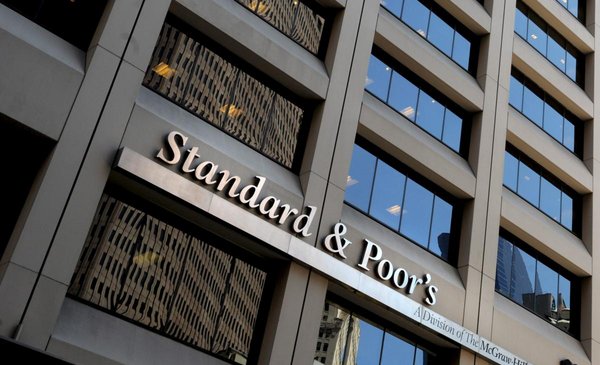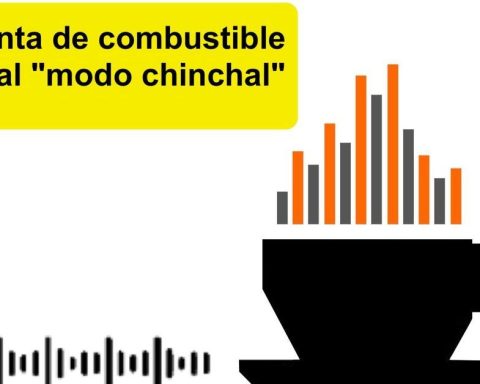The agency Standard & Poor’s ratified this Thursday its sovereign credit rating of the country at BBBone notch above investment grade, while kept the outlook on the note stable. The rating agency hopes that the recent fiscal adjustment by the Lacalle Pou government and the gradual elimination of support for the pandemic “will help stabilize” Uruguay’s debt levels after several years of increases.
According to the Standard & Poor’s report, the large investments in the country will boost growth in the short term, while the reforms in the pipeline could gradually improve future economic prospects. The rating agency projects a “solid” GDP growth in 2022 (+4.2%) as large investment projects are being developed (UPM and the Central Railway), of 2.9% by 2023, and then it would slow down to 2.5% for the period 2024-2025.
For the agency, the “institutional strength” sustains the confidence of investors in the country despite the adverse economic and political events in the neighbors (Argentina and Brazil).
Standard & Poor’s expects the fiscal deficit to close the year at 2.8% of GDP from 4.4% in 2021. The agency warns that pressures may arise on the side of public spending due to the government’s commitment to recover the loss of real wages that has been dragging since the outbreak of the pandemic.
On the other hand, the rating agency expects the government’s net debt to stabilize at a ratio of 65% of GDP on average between 2022 and 2025, due to a relatively stable fiscal situation, deficit together with a depreciation of the exchange rate.
Regarding the evolution of inflation, a gradual reduction is expected and it will just reach the upper limit of the Central Bank’s target range (3%-6%) for 2025. This is because, in addition to external factors, the adjustment of rates and salaries, and inflationary inertia, will play against a reduction in the rate of rise of domestic prices in Uruguay.


















